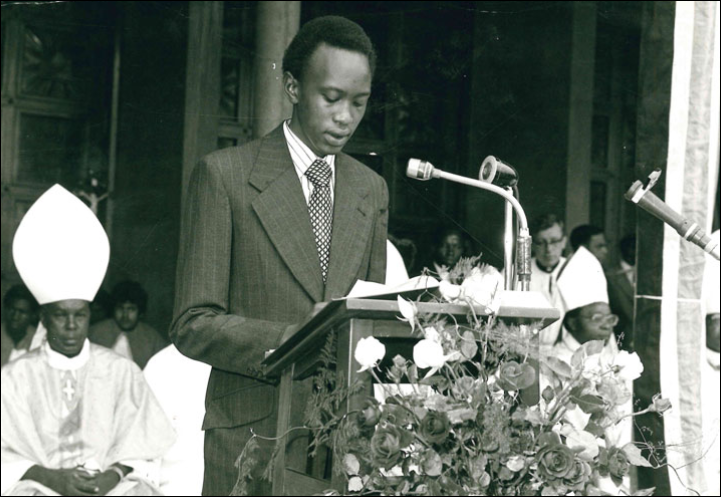×
The Standard e-Paper
Fearless, Trusted News

Forty-one years ago today Kenya’s founding father Mzee Jomo Kenyatta died. The circumstances surrounding his death would be shrouded in mystery until someone spilt the beans.
Did you, for instance, know that there was a time when the charismatic Old man lapsed into a coma for three days?